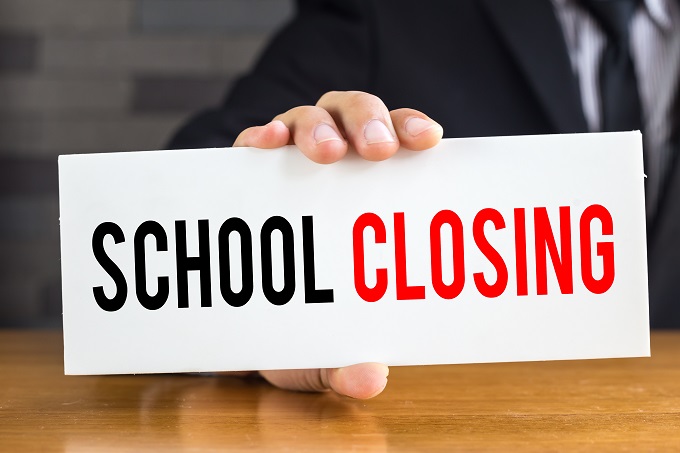
The Australian Education Union (AEU) is urging the Federal Government to deliver on its election commitment of establishing a pathway to 100 percent of the Schooling Resource Standard (SRS) funding for Australia’s public schools. The demands come following the release of the Productivity Commission’s review of the National Schools Reform Agreement (NSRA).
The Productivity Commission review was set up by the Morrison Government to review the NSRA. However, the AEU said the review did not take into account inequitable funding arrangements for public schools which have deeply impacted Australia’s 2.7 million public school students in Australia.
“It is a shame that from the outset, the review was prevented from taking into consideration the primary driver of inequity in student outcomes – that is the denial of full and fair funding for Australia’s public schools,” said Correna Haythorpe, Federal President of the Australian Education Union.
“The current funding agreements are so deeply flawed because they leave public schools way below the minimum funding standards set out in the 2012 Gonski review, with a report by economist Adam Rorris last year revealing that public schools remained underfunded by almost $6.5bn below their required Schooling Resource Standard (SRS) levels each year.
“The current NSRA has many shortfalls that fail to address inequity in student outcomes, workforce shortages, escalating workloads and student and teacher wellbeing. And with the subsequent bilateral agreements between the Commonwealth and state and territory governments, it has been used as a vehicle to deliver deep inequality in school funding.
“Improving educational outcomes for all students cannot be separated from school funding. Equitable distribution of school funding is a crucial piece of the puzzle that has been entirely overlooked by the review.”
The first Gonski Review set out a clear framework for needs-based school funding, with additional funding for students from disadvantaged backgrounds. More than a decade later, the Productivity Commission’s review has raised the same important points about the need to lift the outcomes of students from ‘priority equity cohorts’ but failed to address the fact that the full Gonski funding had never been delivered to public schools.
“We have been going around in circles for over a decade. It’s astonishing that ‘record funding’ continues to get headlines when teachers across the nation know that this funding has not gone to public schools but to the private sector.
“When will we address the elephant in the room that is public school funding?
“The sad reality is that successive governments have failed a generation of public school students, denying their schools urgently needed resources for more teachers, support staff and additional learning programmes, especially for students with additional needs.
“2023 must be the year that delivers full and fair funding for public schools in Australia.”
The AEU’s attention is turned towards the recently announced review of funding arrangements by Minister Clare following the extension of the existing NSRA for another year.
“We are deeply concerned about the 12-month extension of the existing NSRA. Resources delayed are resources denied, and public school students cannot afford to wait any longer,” Ms Haythorpe said.







